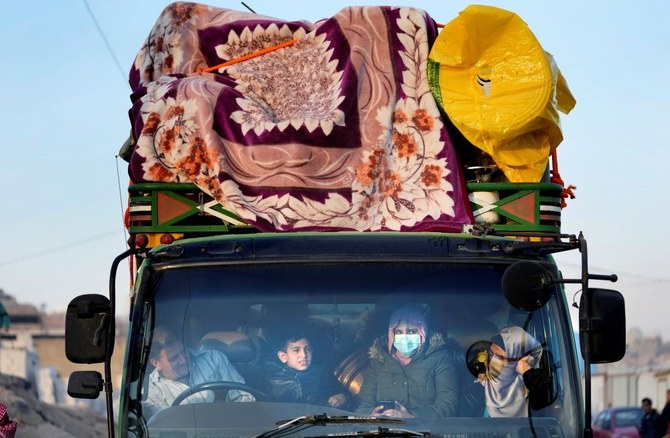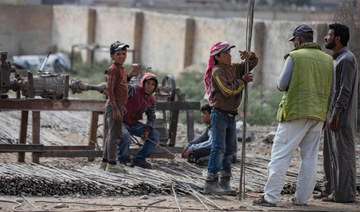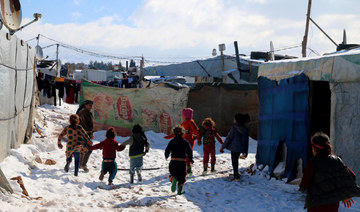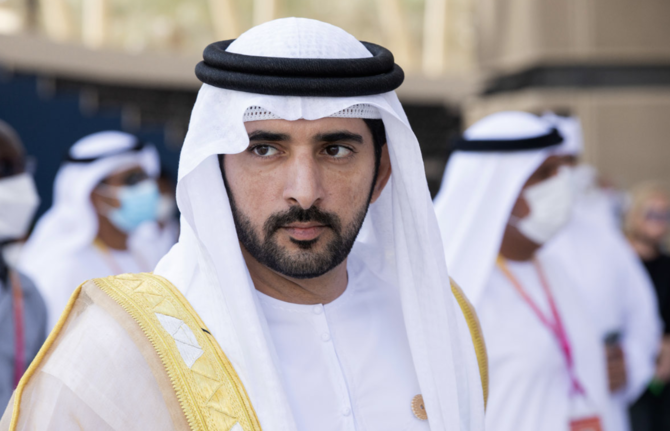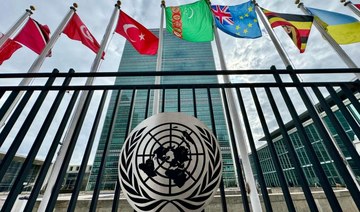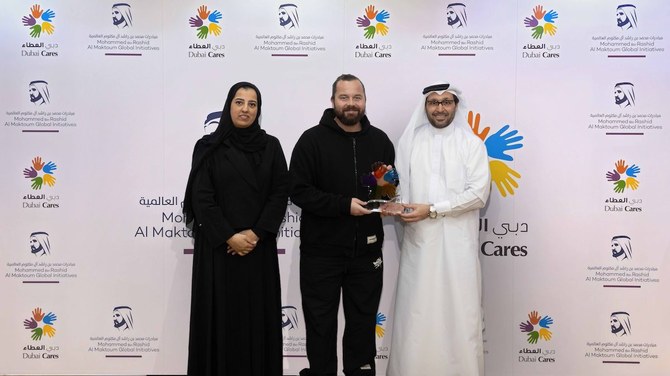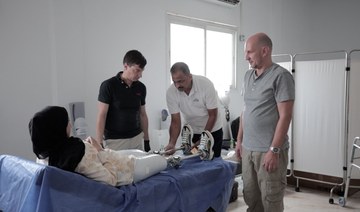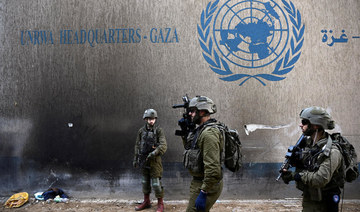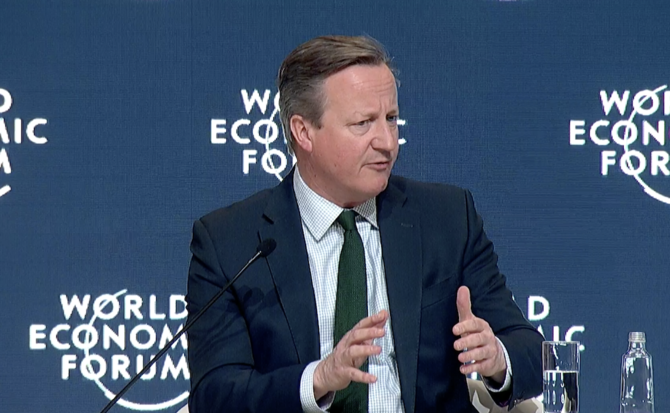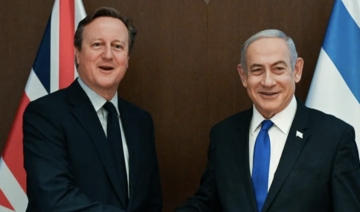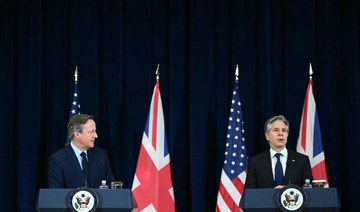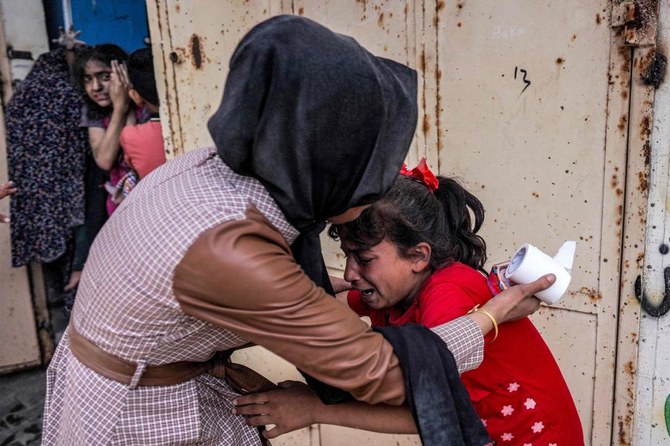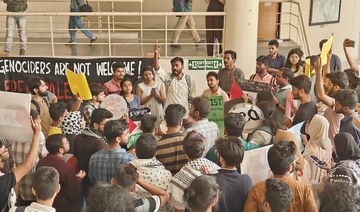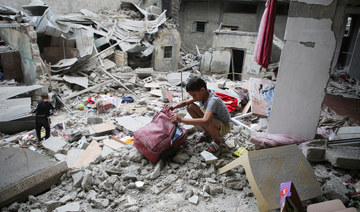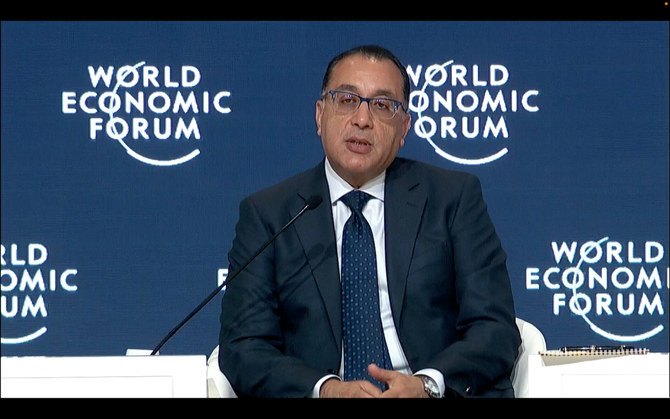BEIRUT: Hundreds of Syrian refugees have left Lebanon and returned to their home country in the voluntary program run by Lebanese security services.
The refugees, many of whom had been living in Arsal, packed belongings and furniture and crossed at Al-Zamrani into western Qalamoun. Others who had been living in the southern city of Nabatieh returned via the Masnaa crossing.
Lisa Abou Khaled, a spokesperson for the UN refugee agency UNHCR, told Arab News that it was not “facilitating or promoting” the repatriation program.
“Nonetheless, thousands of refugees choose to exercise their right to return each year. UNHCR supports and calls for respect of refugees’ fundamental human right to freely and voluntarily return to their country of origin at a time of their choosing and in line with the international principles of the voluntary, dignified, and safe return and non-refoulement,” she said.
Lebanon’s General Security Office is running the program to return Syrians who it says have expressed their wish to return.
Estimates suggested 400 crossed into Syria on Wednesday, but the number could be as high as 700.
Hector Hajjar, Lebanon’s caretaker minister of social affairs, said: “We are not showing off the number of refugees. The political decision has been made. There are other groups and the operation will continue.”
Meanwhile, Lebanese officials were preparing to travel to Naqoura, the headquarters of the UN force UNIFIL, to sign a maritime border demarcation deal with Israel on Thursday.
Reports suggested that neither delegation will meet. Instead, they will sign copies of the agreement in separate rooms and hand them to the US mediator, Amos Hochstein.
The deal will include one appendix only, which is Lebanon’s message to the UN regarding the border demarcation. The appendix will bear President Michel Aoun’s signature.
Israel announced on the eve of the signing that it had granted the energy firm Energean permission to start work at the offshore Karish gas field, an issue at the center of the dispute.
The World Bank meanwhile called for international cooperation to help start energy exploration in the Lebanese areas set out under the deal. The statement came after senior officials from the bank’s Middle East department met Aoun and other Lebanese ministers on Wednesday.
Lebanon’s parliament meanwhile announced that there would be no session on Thursday to elect a new president, once again stalling the process to replace Aoun before he leaves his position in less than a week.
Abdallah Bou Habib, the caretaker foreign minister, was urged by a visiting delegation from the US Congress and the American Task Force for Lebanon to “speed up” the election, and accelerate stalled investigations into the huge port explosion that killed hundreds in Beirut two years ago.




